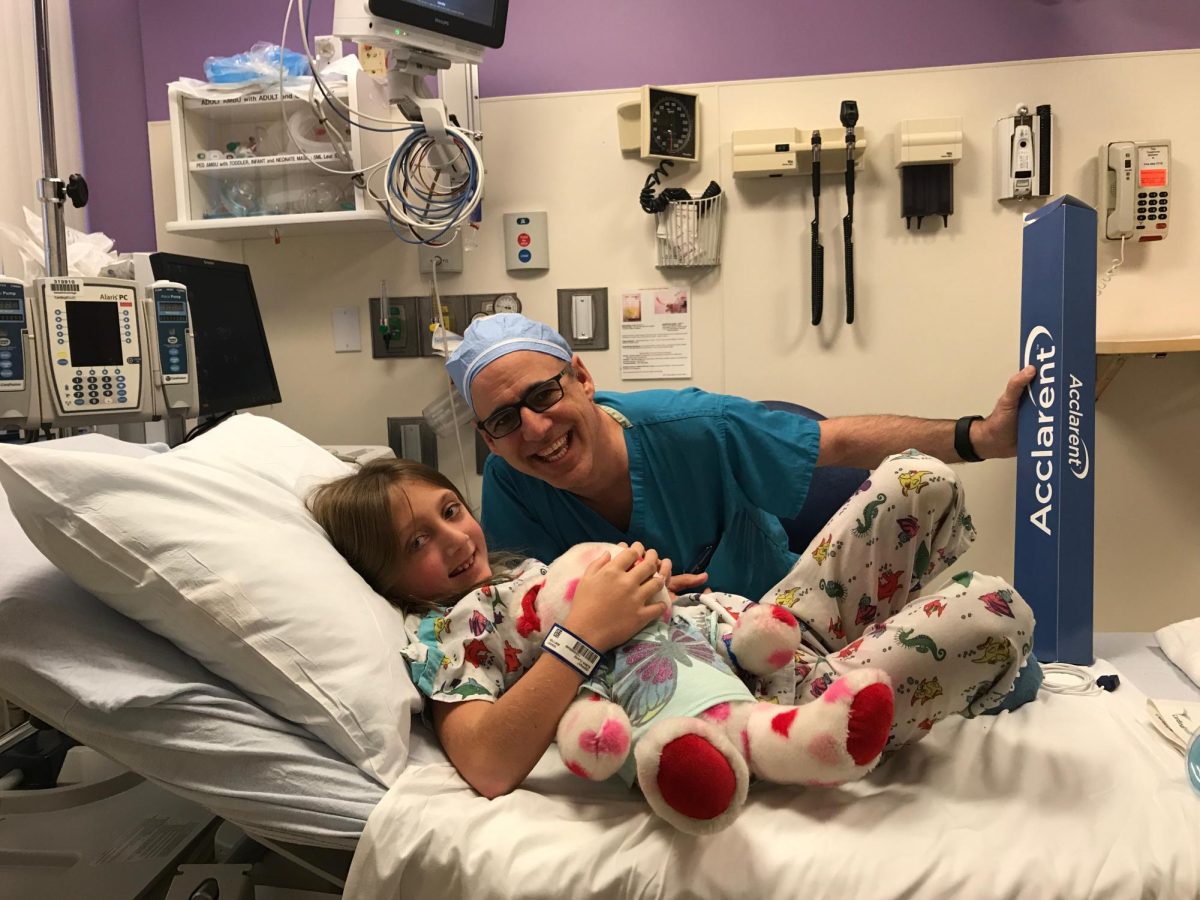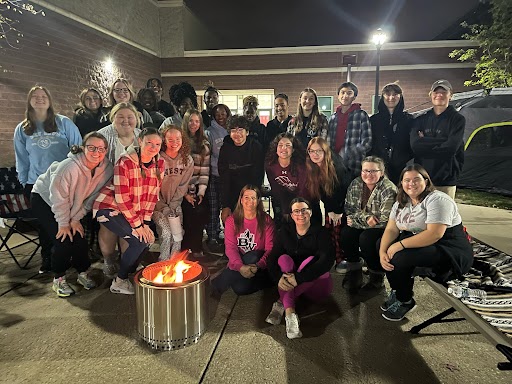Being a teacher means passing down years worth of knowledge and education to students, who will further carry on that knowledge and education. However, the value and passion that goes into the act of teaching is not always the same among all teachers. While teaching may lead to vital life lessons learned by students, we are not the only ones who have continuously learned lessons through teaching. I recently spoke to four teachers, two younger, and two more experienced, to gain their alternative perspectives on teaching. Kayla Hosier, John Niebrugge, Hannah Biermann, and Tara Neutzling all chipped in to provide their experiences, opinions, and lessons they’ve learned in teaching.
The arrival of a new school year for teachers is tackled in some pretty diverse ways. While some teachers consider the arrival of a new school year an exciting time to incorporate their ideas into their lessons, others have learned to go with the flow.
“I like to organize and reset my room before a new school year starts. Changing seating arrangements, restocking my post-it’s and pens, etc.,” Spanish teacher Kayla Hosier said. “I copy my lesson plans over to the new year, and just make some minor edits to be more efficient, effective, and relevant to the times.” Kayla Hosier is an example of a newer teacher eager to begin a new year. However, some of our more experienced teachers have become more adjusted to the arrival of a new school year.
John Niebrugge, a long time math teacher, has had the time to experience the beginning of school several times and this has made prepping for the year simpler for him. While speaking about his changes in his curriculum, he has expressed that new school years have gotten more comfortable throughout the year, compared to when he first began instructing,
“The answer is that it has gotten a LOT easier over the years,” Niebruegge said. “As my schedule has sort of leveled out–I just mean that I have the same classes and schedule from year to year with very minor adjustments–prepping for the year has become easier.”
It seems as though newer teachers are more hands on, whereas experienced teachers are more laid back.
Teachers often have different ways of establishing rapport with students as well. Establishing rapport is a teacher’s specially crafted way of creating a bond comfortable enough for their students in the classroom. Psychology teacher Hannah Biermann, has her personal way of doing so, especially as a newer teacher.
“I establish rapport with my students by trying to get to know their interests and sharing my own,” She starts. “I try to emphasize that I care about their success as a student and a whole person.” Biermann understands that prioritizing a student’s needs also means prioritizing a student’s emotions and success.
As a more experienced teacher, fellow teacher Tara Neutzling prefers expressing her creativity within which she establishes rapport with students.
“I ask a lot of questions throughout the first few weeks and do activities that help me establish relationships with my classes. Also through relational capacity games, I learn more, which helps me build a rapport.” This helps students not only feel welcomed, but feel comfortable enough to relax in their environment.
Another significant experience for teachers is what they learn while teaching. Kayla Hosier describes it as “not a job for the weak.” The impact school has on students can be considered similar to the impact of teachers.
“There is a lot of emotional, mental, and physical energy required every single day. I live to make a difference in student’s lives and I learn so much from my students and every day, but it is definitely a taxing career.” While Kayla Hosier takes the time to acknowledge the more emotional aspect of teaching, Hannah Biermann acknowledges the more empowering aspect.
“The biggest realization that I had about teaching is that consistency is key. Consistent lessons, consistent rules, and consistent expectations.”
For our second to last question, I wanted to know if teaching was always the dream career. Though some teachers know early, other teachers considered teaching their last minute decision.
According to John Niebruegge, “My undergrad degree was actually in Mechanical Engineering,” he started. “I was then competing with students who were currently graduating and so on and so forth, so I thought, “I need another option”, I started substitute teaching and I enjoyed it SO much.” Even with being a last resort, Niebrugge has deeply expressed his love for teaching,
While some teachers aimed for opposite career fields, teachers like Tara Neutzling: “YES! I knew I wanted to teach but I didn’t realize how much I loved languages until college.”
When teaching, students are not the only ones who learn lessons. When it comes to lessons our teachers have learned, Hannah Biermann was not shy in sharing the lessons she has learned.
“I love teaching about anything related to the mind in hopes that I can empower students to take control of their mind and use it to the best of their ability.” Biermann considers learning to hel[ and empower her students a lesson in and of itself.
Señorita Hosier focuses on the more personal aspect of teaching: “I want to keep a strong boundary between my work and home life, and my first year of teaching I took a lot of work home. It is important for my mental health to leave work at the school building and focus my outside work time and energy on my friends and family.” Though a job can often take over your personal life, teachers often find ways to balance their personal and their school lives for the better.
The one thing that can be taken away from these interviews is both the personal and professional experiences of teaching. While teaching has its pros and cons, it is still a valuable career path that helps educate both students and instructors. So, next time you complain about a teacher or their work, consider that they’re still learning, and what they’re trying to make easier for you!


